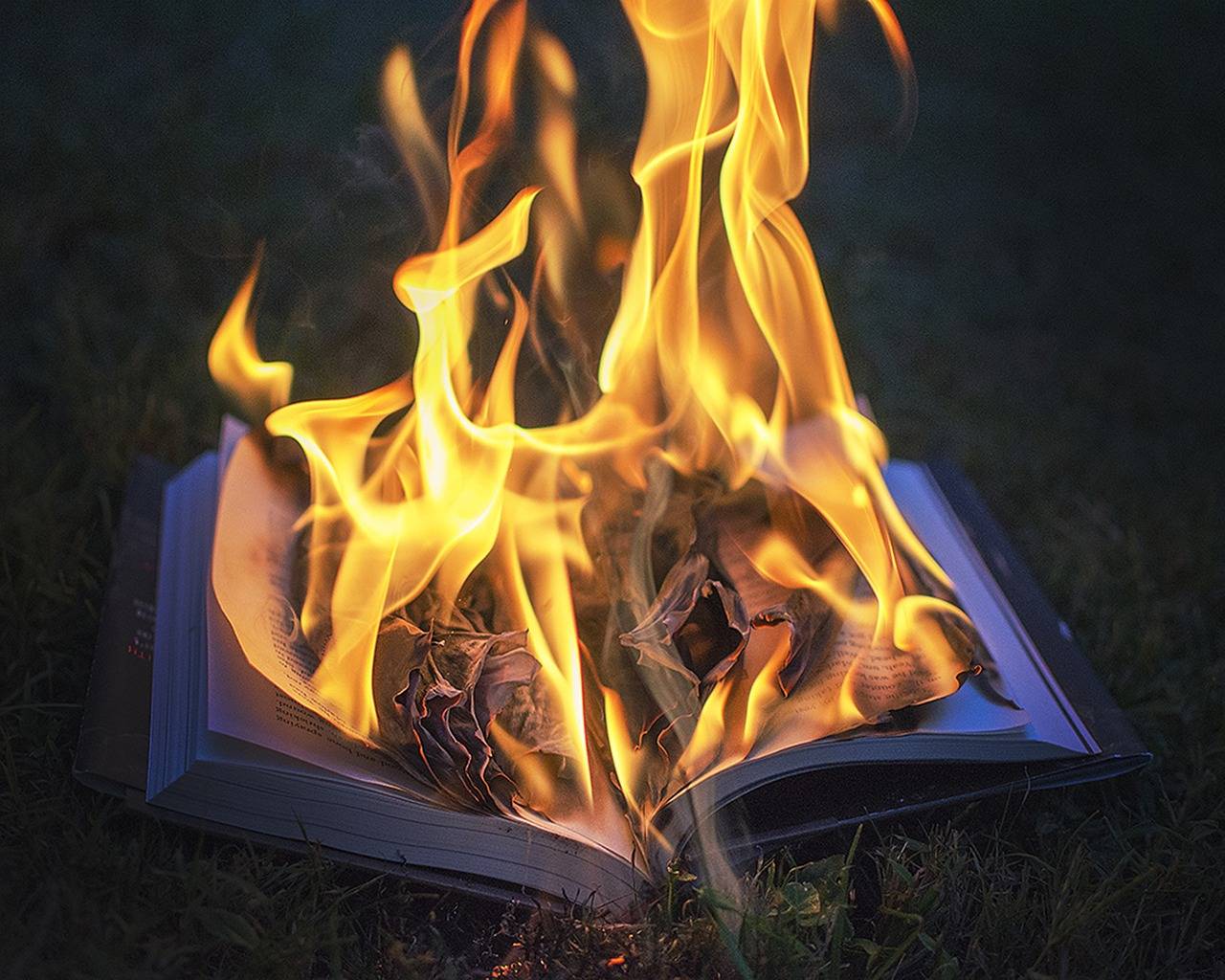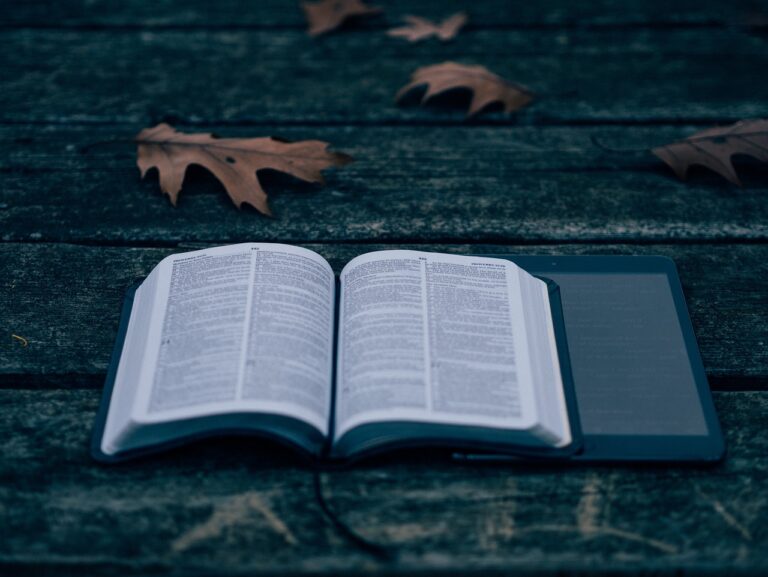Analyzing the Role of School Resource Officers in Public Schools: 11xplay pro login, Tigerexch247 live, Betbook.com
11xplay pro login, tigerexch247 live, betbook.com: School Resource Officers (SROs) have become a common fixture in public schools across the United States. These law enforcement officers are tasked with ensuring the safety and security of students, staff, and faculty within school premises. The role of SROs has been a topic of debate in recent years, with some advocating for their presence as a means of preventing and responding to school violence, while others raise concerns about the potential for negative interactions between officers and students.
Analyzing the Role of School Resource Officers
1. The History of SROs in Public Schools
SRO programs began in the 1950s as a response to juvenile delinquency and have since evolved to focus on school safety and security. Today, SROs work closely with school administrators and local law enforcement agencies to address a wide range of issues, including bullying, drugs, and violence.
2. The Responsibilities of SROs
SROs perform a variety of duties within schools, including patrolling campus grounds, responding to incidents, and providing educational programs on topics such as drug awareness and cyberbullying. They also serve as positive role models for students and can help bridge the gap between law enforcement and the community.
3. The Debate Surrounding SROs
Critics of SRO programs argue that having armed officers in schools can create a hostile environment, particularly for students of color. They also raise concerns about the potential for SROs to criminalize typical adolescent behavior and contribute to the school-to-prison pipeline.
4. Impact on School Discipline
Some studies have shown that the presence of SROs can lead to an increase in school-based arrests and referrals to law enforcement, particularly for minor offenses. This has led to calls for alternative approaches to school discipline that focus on restorative justice and de-escalation strategies.
5. Building Positive Relationships
Proponents of SRO programs emphasize the importance of building positive relationships between law enforcement and students. By interacting with students in non-confrontational settings, SROs can create a sense of trust and cooperation that can help prevent incidents of violence and improve overall school safety.
6. The Future of SRO Programs
As the role of SROs continues to evolve, it is essential to evaluate their effectiveness and impact on school communities. Policymakers, educators, and parents must work together to ensure that SRO programs are implemented in a way that prioritizes the safety and well-being of all students.
FAQs
1. Are SROs armed?
Yes, most SROs are armed law enforcement officers who have received specialized training to work in a school setting.
2. Do SROs have the authority to make arrests?
Yes, SROs have the authority to make arrests on school grounds for violations of the law.
3. How can schools ensure that SROs are positively impacting students?
Schools can work with SROs to develop clear guidelines for their roles and responsibilities, provide ongoing training on topics such as cultural competence and de-escalation techniques, and regularly solicit feedback from students and staff on their interactions with SROs.
In conclusion, the role of School Resource Officers in public schools is a complex and multifaceted issue that requires careful consideration of the impact on students, staff, and the overall school climate. By analyzing the responsibilities of SROs, their impact on school discipline, and the importance of building positive relationships, we can work towards creating safe and supportive learning environments for all students.







